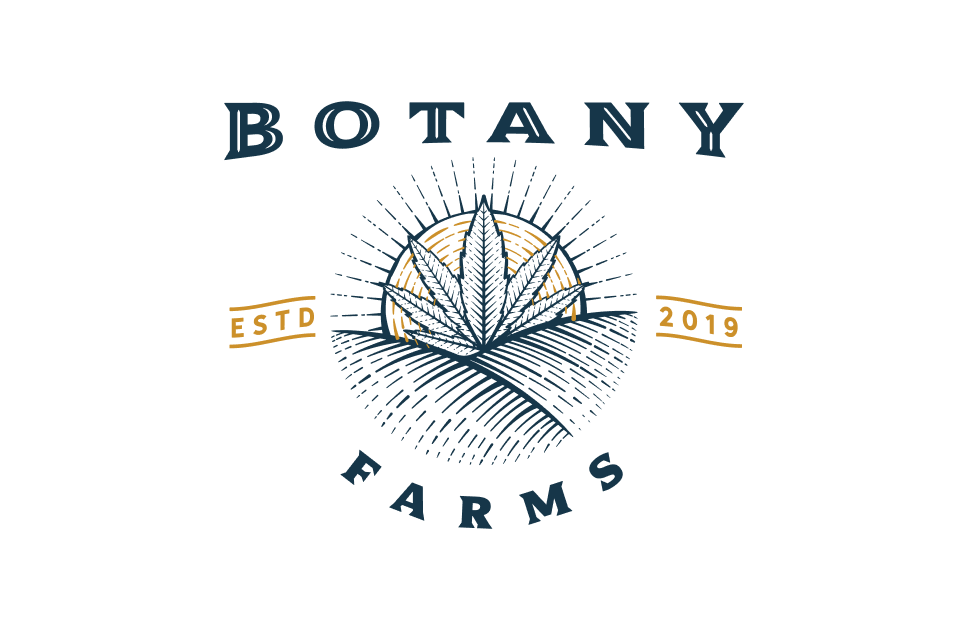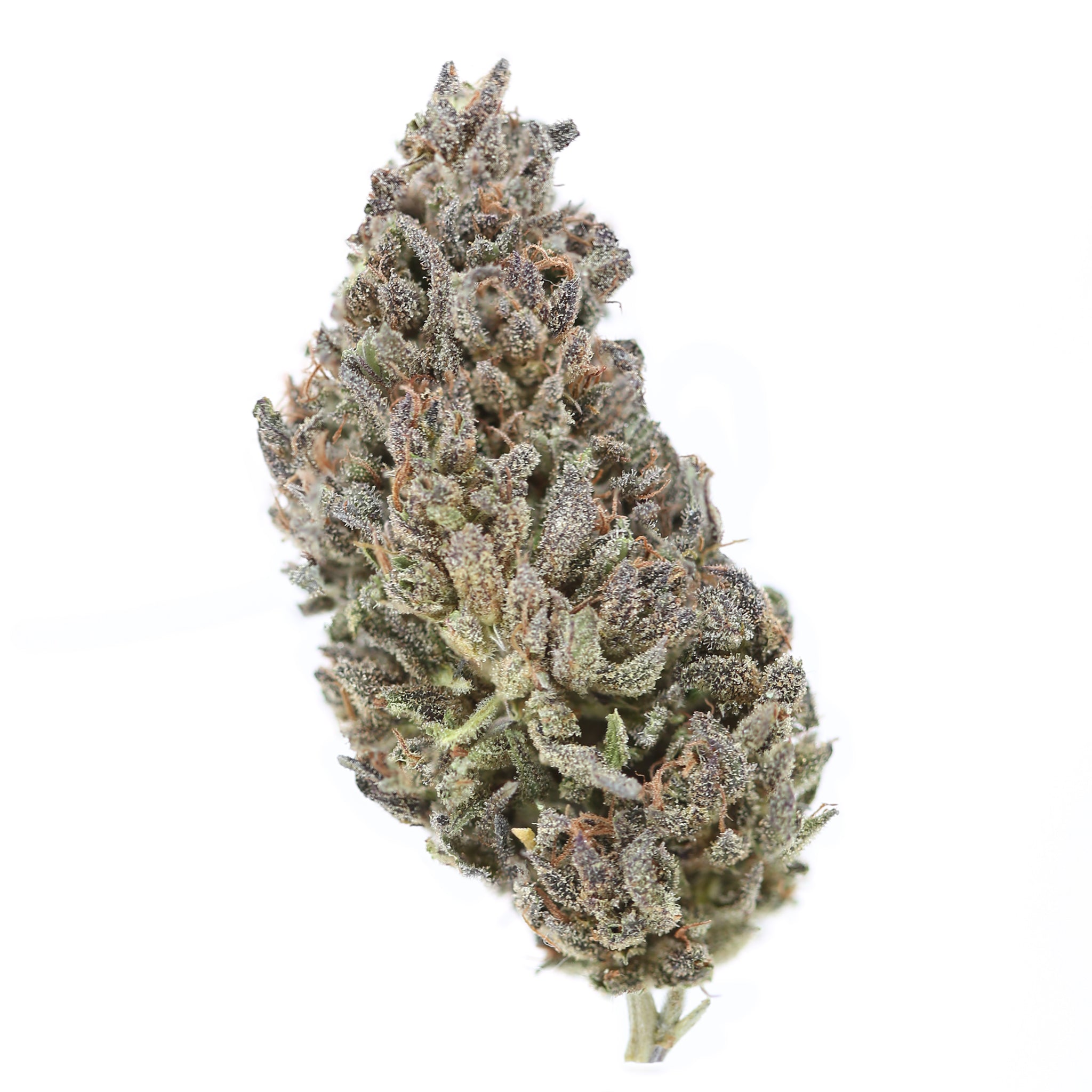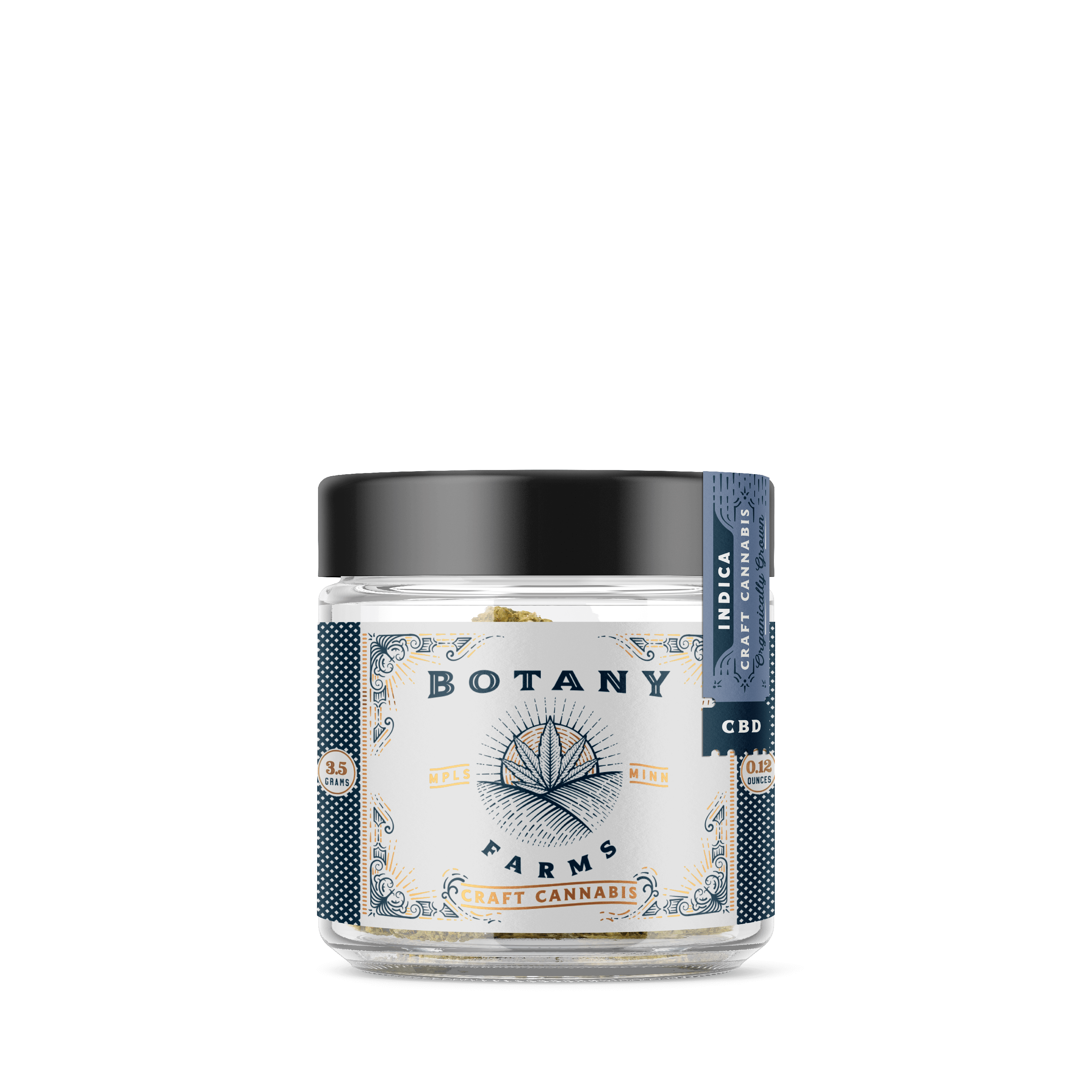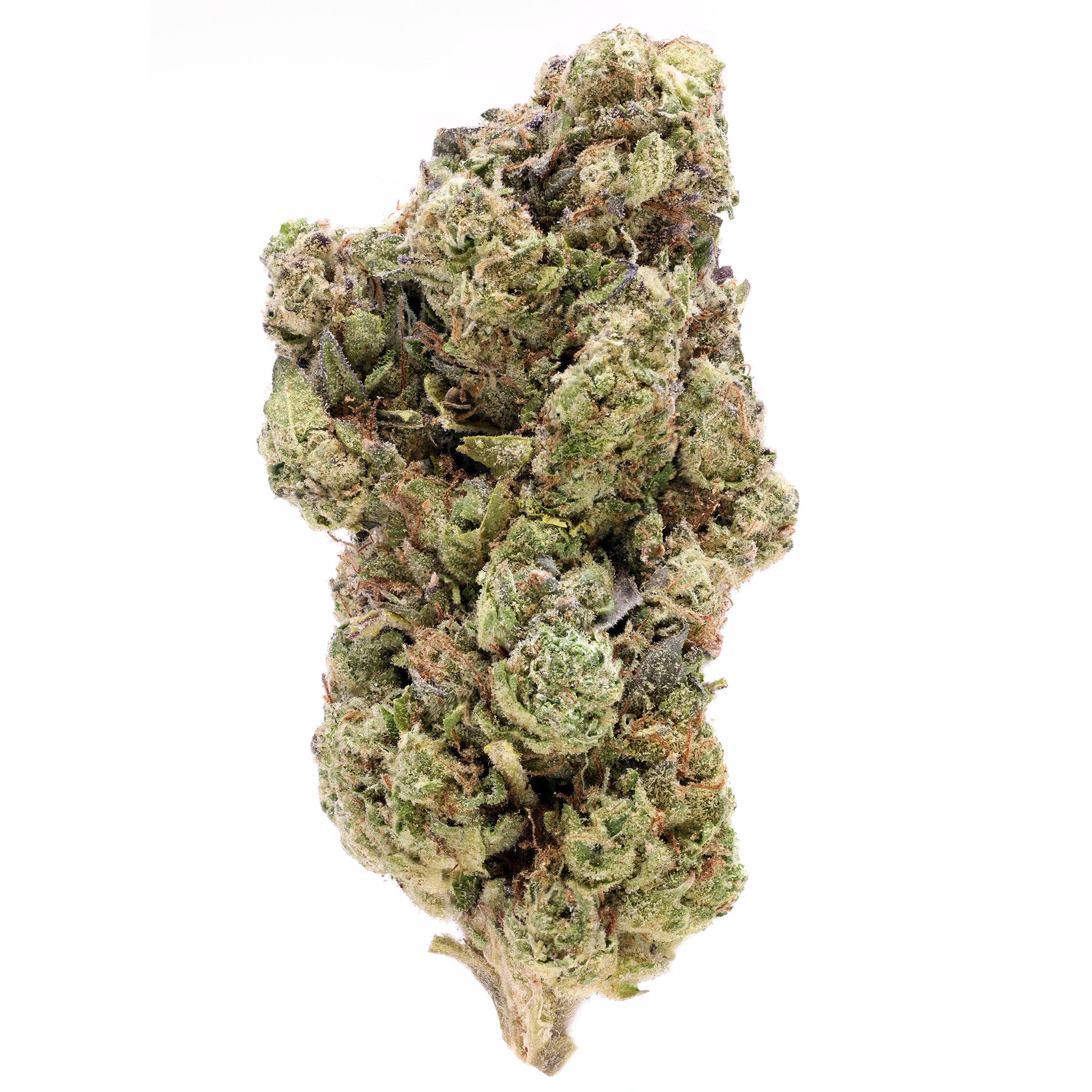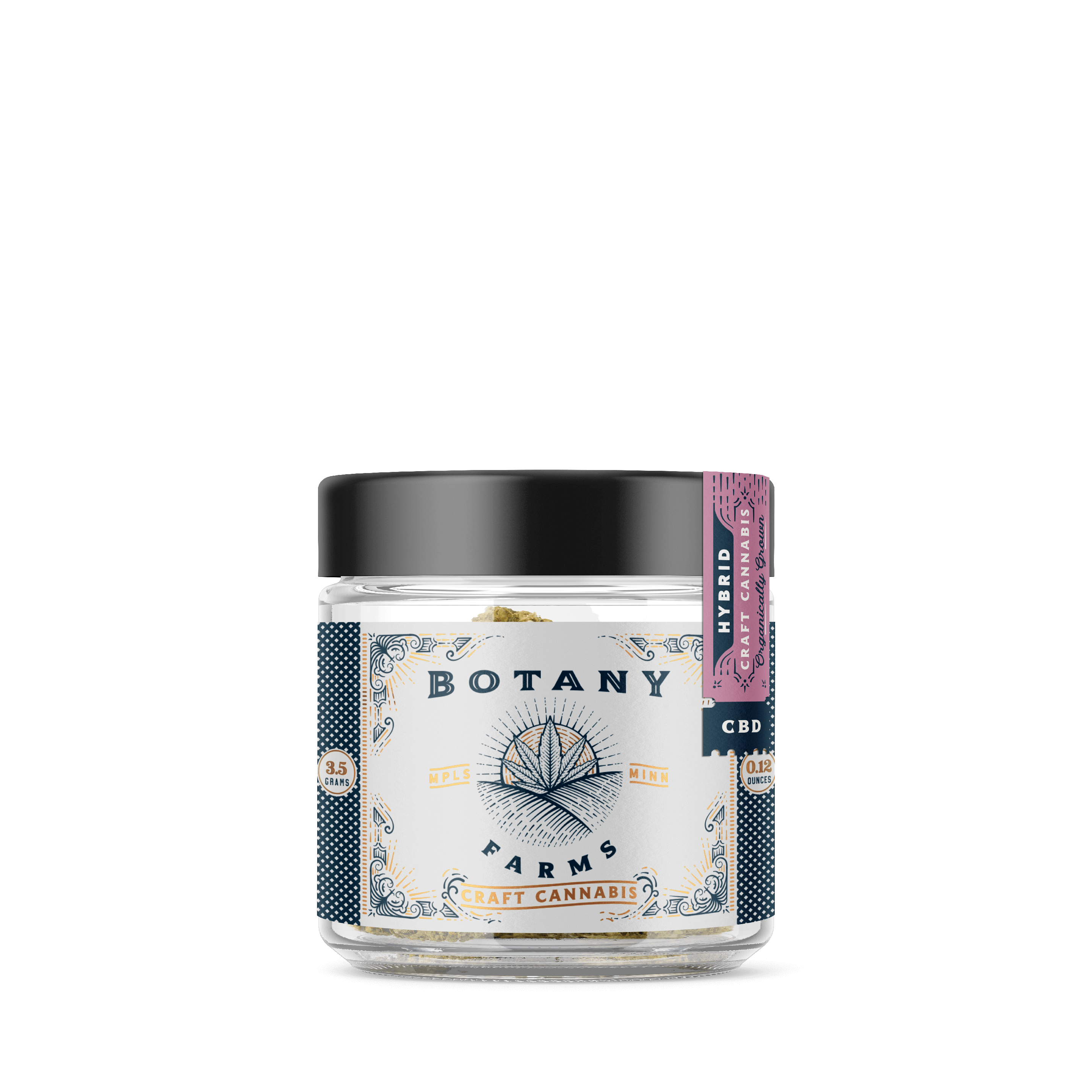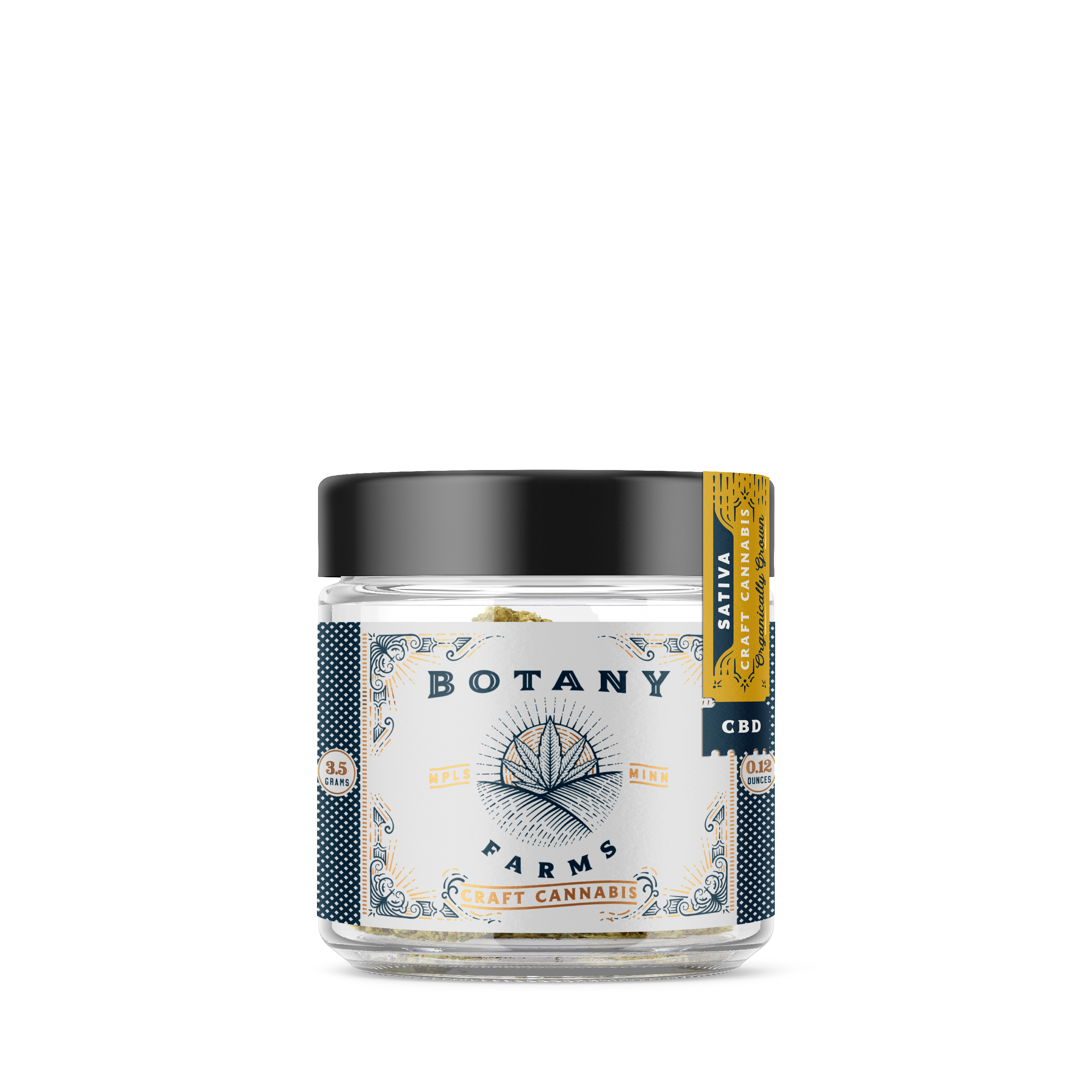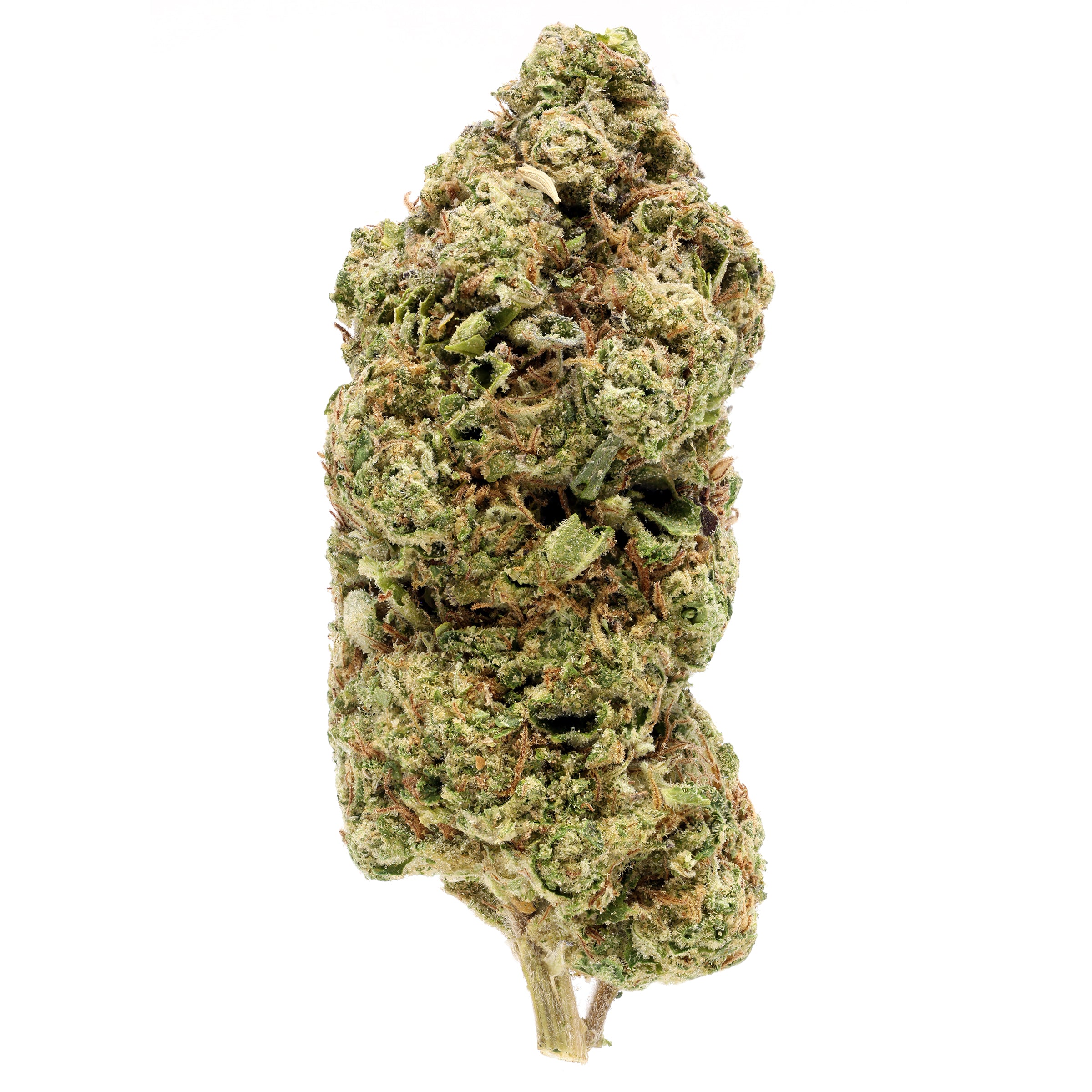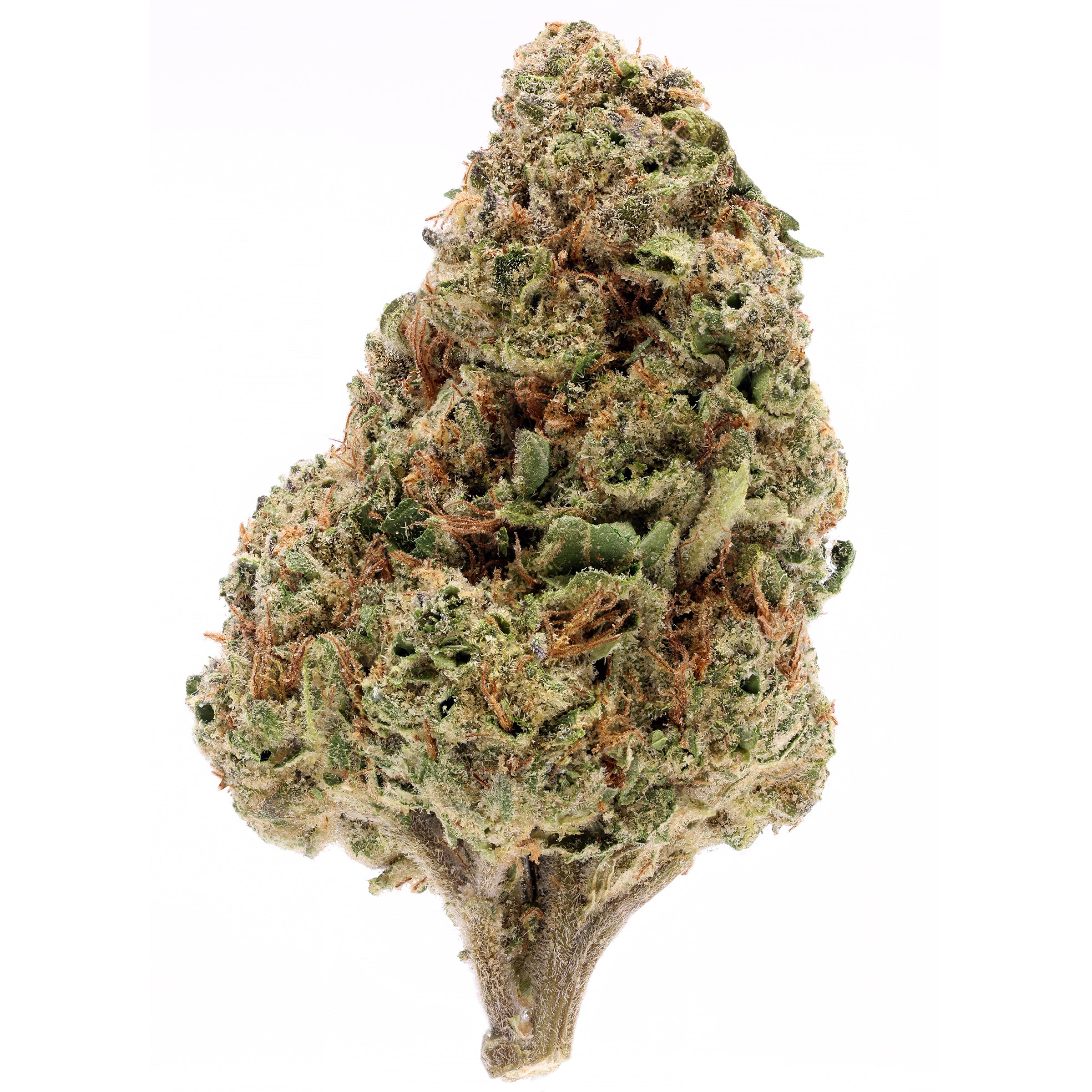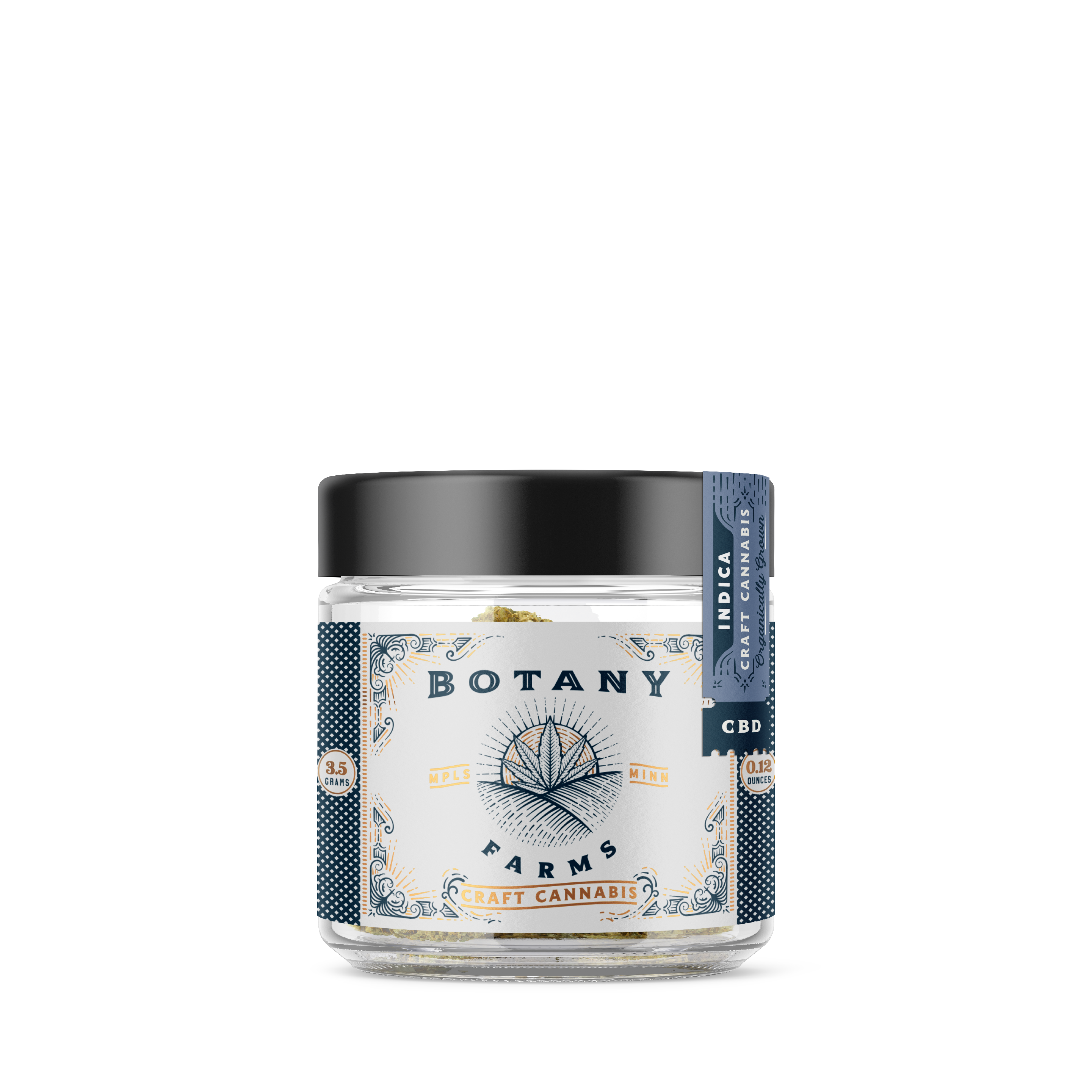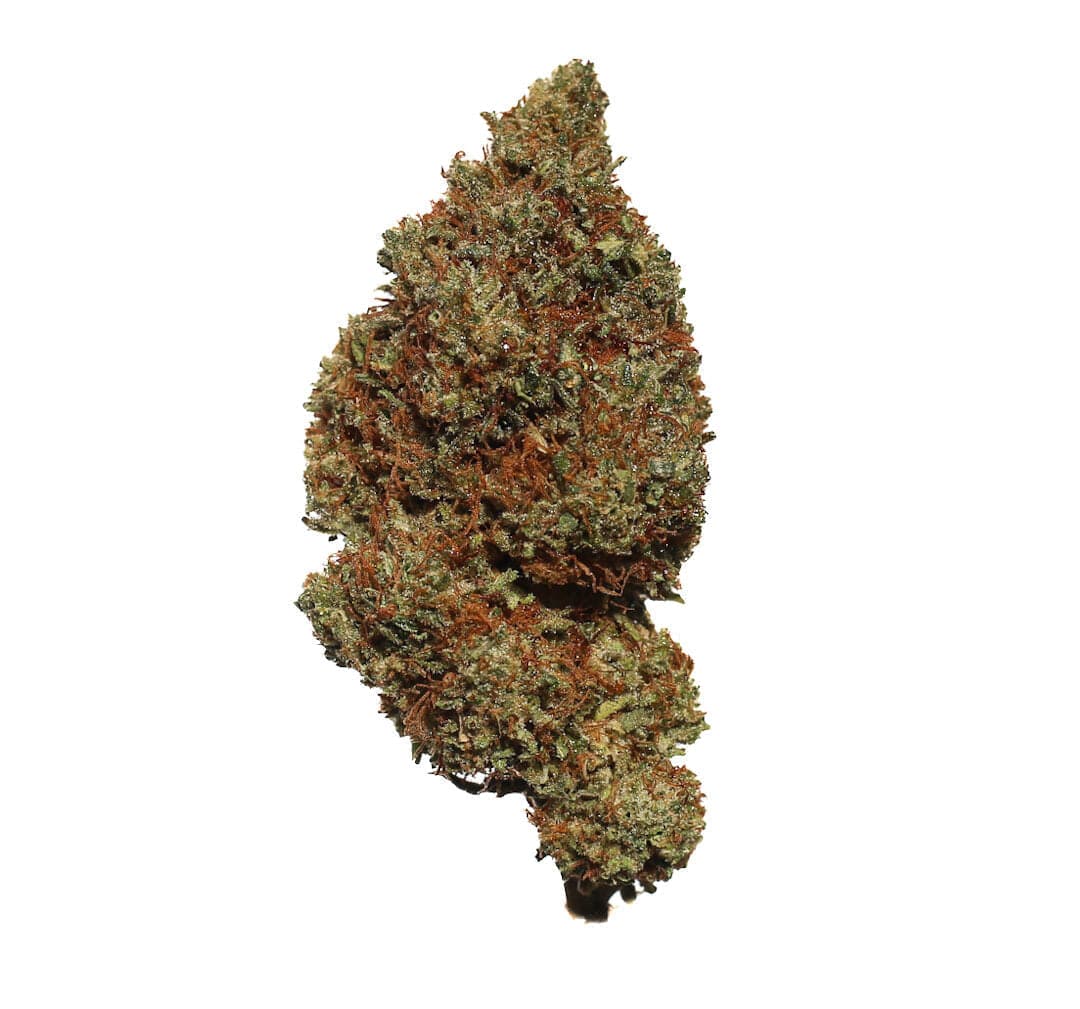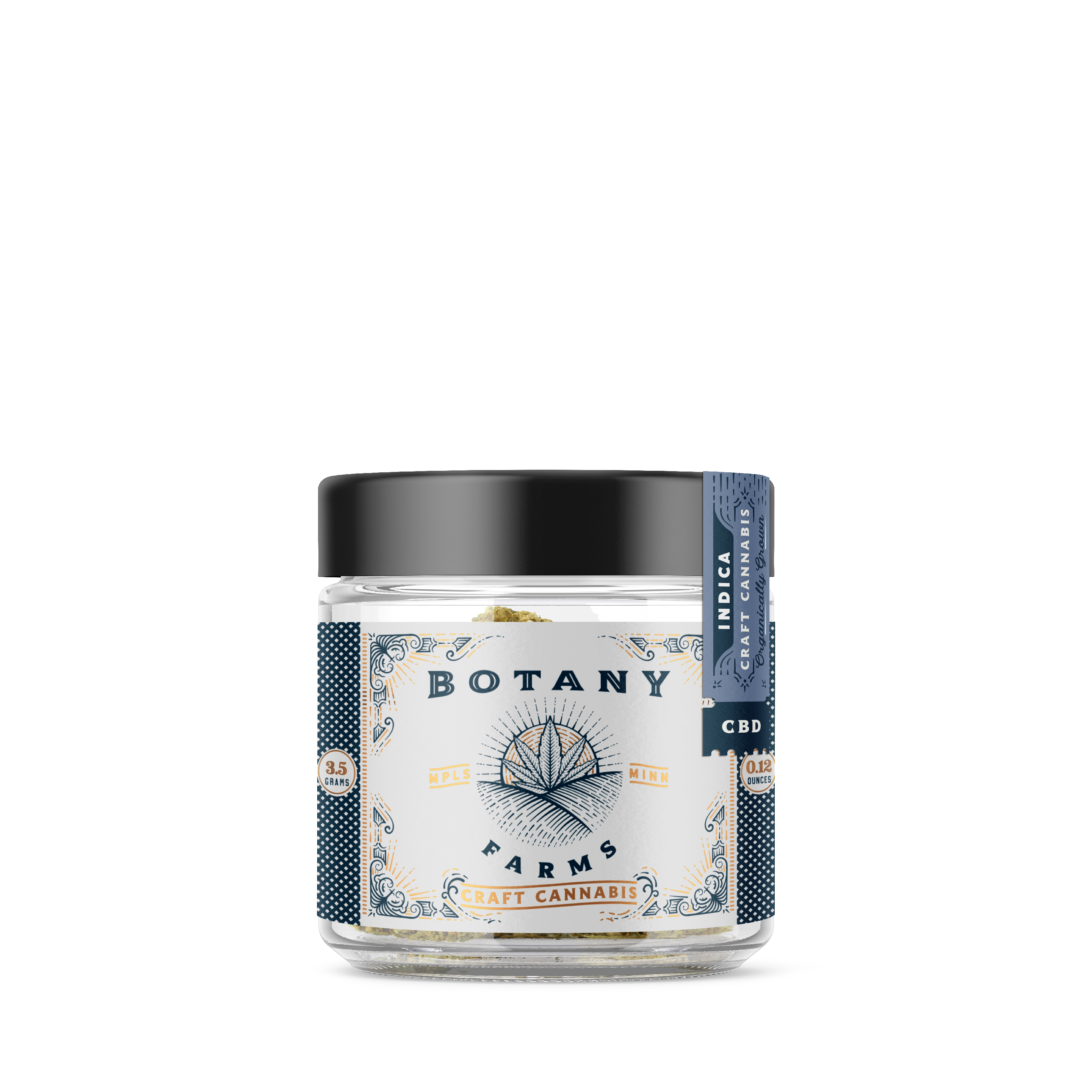**Disclaimer: The information in this article regarding cannabinoids is drawn from comprehensive research and we have made every effort to share the most accurate information available at the time of writing. Remember that legal status is handled differently by jurisdiction and these substances can change status over time. The reader is advised to check the status of cannabinoids before acting and we do not accept liability for this information. This content is for educational purposes only.
It is no wonder that, as more cannabis and cannabis-derivative substances have appeared in recent years with widely varying legal and regulatory regimes, these chemicals have captured the attention of consumers and regulators alike, including a substance called hexahydrocannabinol (HHC).
Pennsylvania has a contentious climate regarding HHC legality. In this article, I’m going to explore the legal aspects of HHC in Pennsylvania and give clarity on the Federal laws, state laws, and the designated stores to purchase HHC products in.
Key Takeaways
- HHC is a cannabinoid similar to THC but with distinct legal and chemical properties.
- The legal status of HHC in Pennsylvania is influenced by both federal and state laws.
- HHC is legal federally per the 2018 Farm Bill and is also permitted in Pennsylvania.
- Understanding the nuances of HHC's legality is crucial for consumers and businesses.
Is HHC Legal in Pennsylvania (as of 2024)
Yes, HHC it is legal for use in Pennsylvania. However, it must be extracted from hemp, have total contents of hemp-derived THC of not more than 0.3%, and be obtained from a licensed hemp supplier in a federal industrial hemp program. HHC is psychoactive in mild moderation and could only be purchased, sold or consumed by state-accredited individual or entities.
HHC and Federal Law
To understand HHC's legal status in Pennsylvania, it's essential to first consider its standing under federal law. HHC is a semi-synthetic cannabinoid derived from hemp. The 2018 Farm Bill federally legalized hemp and its derivatives, provided they contain less than 0.3% Delta-9 THC on a dry weight basis.
However, the legal landscape for cannabinoids derived from hemp, like HHC, remains complex and somewhat ambiguous under federal law. The Drug Enforcement Administration (DEA) has not explicitly classified HHC, leaving a gray area regarding its legality on a national level.
According to federal law (2018 Farm Bill), HHC is legal. That's because HHC is made from hemp-derived CBD and usually contains less than 0.3% THC, which means that it is federally legal.
However, as a synthetic cannabinoid, HHC falls under federal regulation. Its legal status hinges on whether it’s categorized as natural or synthetic. If considered natural and derived from hemp with less than 0.3% delta-9 THC, it remains federally legal.
However, if deemed synthetic, its legality depends on broader cannabis decriminalization or legalization efforts at the national level. The FDA oversees regulations for cannabis and cannabis-derived products, including cannabinoids like HHC. While the landscape is evolving, understanding the nuances of federal law is crucial for consumers and manufacturers alike.
Pennsylvania’s HHC Laws
HHC is a new cannabinoid that has become quite popular. With that being said, whether or not it is legal is debatable, particularly in individual states. Here's the current legal status of HHC in the state of Pennsylvania.
Pennsylvania follows the same laws as the 2018 Farm Bill as far as cannabinoids are concerned. This means that as long as a cannabinoid such as HHC is hemp-derived and contains less than 0.3% Delta-9 THC, then it should be legal in the state of Pennsylvania.
Is HHC a Controlled Substance in Pennsylvania?
As of the latest information available, HHC is not explicitly listed as a controlled substance in Pennsylvania. The state's controlled substances list mirrors federal guidelines, which do not specifically mention HHC. This omission does not necessarily guarantee legality but indicates that HHC may not be directly regulated under current state drug laws.
HHC Possession Limits in Pennsylvania
Given that HHC is not explicitly regulated as a controlled substance in Pennsylvania, there are no specific possession limits for HHC itself. However, consumers should remain cautious and informed about the overall legal context, as laws and regulations can evolve.
It's also important to ensure that any HHC product complies with the state's hemp-derived product regulations, maintaining less than 0.3% Delta-9 THC content. Also, remember to exercise restraint when consuming psychoactive cannabinoids. HHC might not be as potent as Delta 9, but moderation is the key to harnessing the potential health benefits of these compounds.
Is HHC Legal in Pennsylvania?
Yes, at the time of this writing, HHC is technically legal in the state of Pennsylvania. That’s possible if, and only if, HHC is legally in the same class as certain other compounds that are legal, like Delta-8. These laws and regulations suggest to me that, at present, HHC is legally a grey area for the state of Pennsylvania.
Unless there’s an explicit statute or regulations alerting the world – and the DEA – as to the specific fates of HHC in a specific jurisdiction, so long as it’s derived from hemp that satisfies that jurisdiction’s regulatory status and so long as it contains less than 0.3 per cent Delta-9 THC, it could be legal to possess and use. But since it doesn’t have the explicit legal status or protection, that could also change as state law evolves.
But consumers and businesses should stay educated about current legal developments, and continue to tread with care, given the potentially changing nature of the law with respect to cannabinoids.
Therefore, while the legal status of HHC in Pennsylvania remains in a gray area for the time being, it is inevitable that legal determinations and clarifications will follow as the regulatory landscape continues to evolve. It is crucial for HHC consumers and businesses to stay informed, follow lawful guidelines, and be aware of the latest developments regarding the concern of HHC legality in Pennsylvania.
Sources used for this article:
https://pubmed.ncbi.nlm.nih.gov/37357519/
https://www.health.pa.gov/topics/Documents/Laws%20and%20Regulations/DDC_Act.pdf
https://www.leafreport.com/education/the-complete-guide-to-hhc-15268
https://www.usda.gov/farmbill
This article was last updated in March 2024 and the information provided in relation to US federal and state cannabis laws is accurate as of the date provided. Due to the rapidly changing cannabis bill across the state and federal levels in the US, the information herein may become outdated at any time. Additionally, and for the avoidance of doubt, this article is NOT intended to be legal advice. Botany Farms does NOT provide any legal advice, nor is any individual or entity associated with Botany Farms. Please consult official state government websites for current information regarding cannabis laws for your state.
